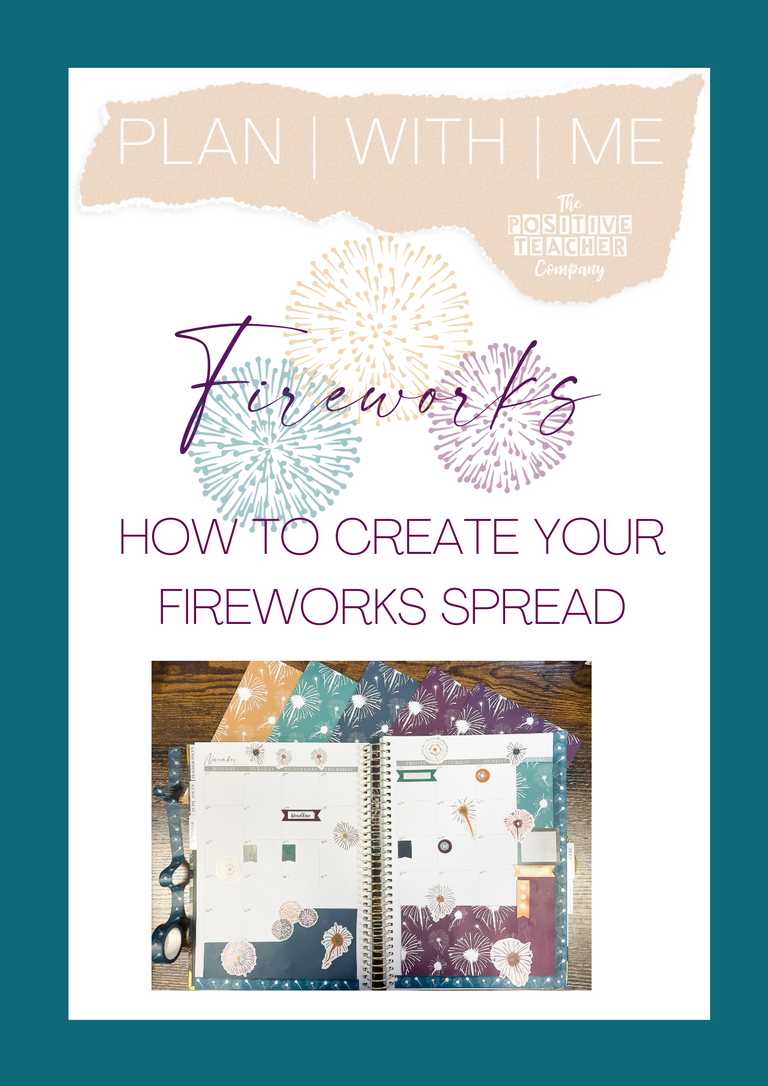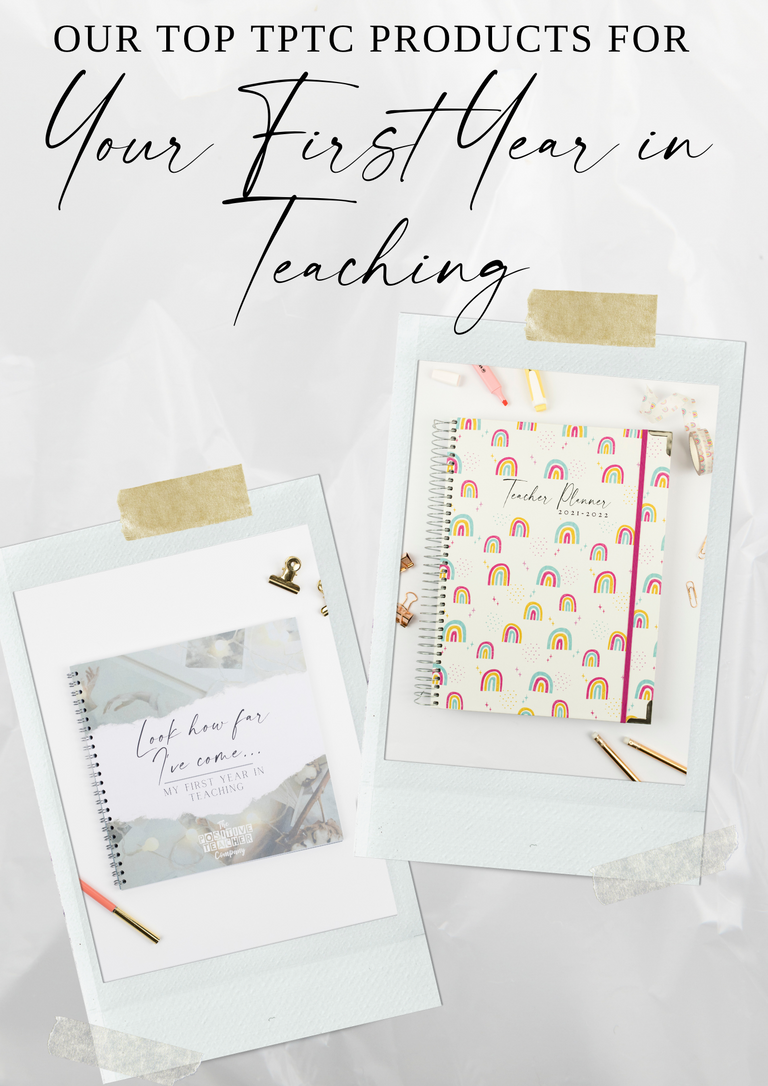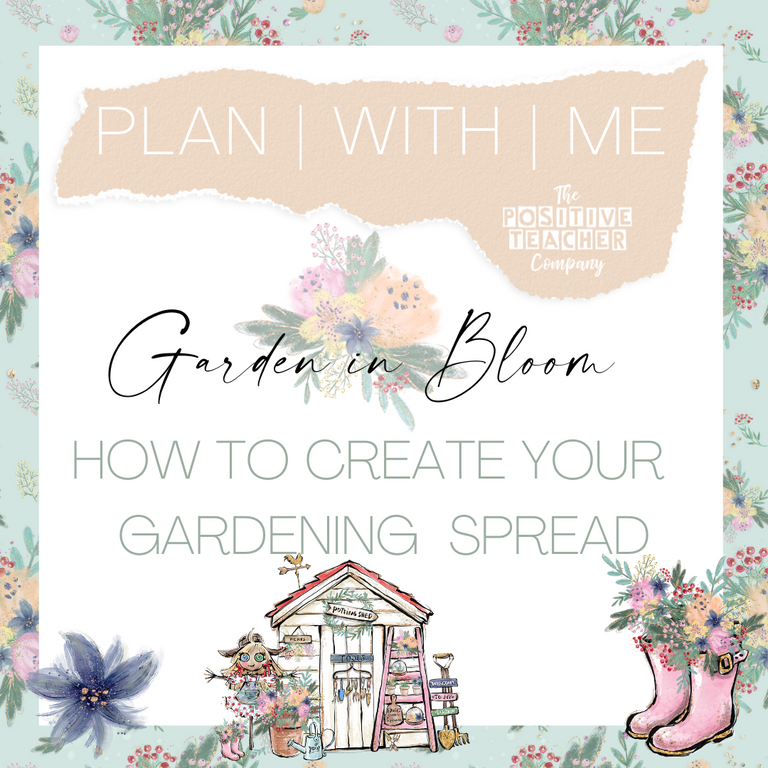It’s that time of year where we’re hearing all the new trainee teachers start to talk about applying for their first teaching jobs. It’s so exciting! …but also, can be quite nerve-wracking. There’s a lot to think about and it’s your first ever time doing it, and it could feel overwhelming. At TPTC we’ve been there, and some of us have even been involved in the hiring process. So for all you trainee teachers out there looking for your first teaching jobs, we’ve put all our best tips together to give you the ultimate guide to applying for your first job as a teacher.
The Application
- Lots of schools will offer tours for those who are considering applying for the role, do go to these if you are able to as you’ll learn valuable information about the school and how they do things that will be so helpful for your application.
- Read the information pack carefully and look especially closely at the person specification so you can address this clearly in your cover letter. Whoever is hiring for the role will be reading your application alongside this person spec and checking off how many of the points your meet, so make it easy for them and use the person specification to structure your cover letter.
- Make sure you include something specific about the school in your cover letter. Open your letter by talking briefly about why you want to work at that specific school; you could mention something on their curriculum (that will be available on their website) or something you heard about on your tour.
- Then, spend the rest of your cover letter referring to the person specification. Be specific and show examples and evidence of your skills and achievements – don’t just TELL them you think a certain skill is important, SHOW them something you’ve done that proves you have that skill.
- Take the person specification and go through it with some highlighters – like green, yellow, and orange. For each point, highlight it in green if it’s a skill you definitely have, yellow for a skill you have a bit less experience with, and orange for skills you need to work on. Next to all the green skills, make a note of some evidence you have for it – an example of something you’ve done that used or developed that skill.
- Use this to structure your letter. Go through each point and give evidence for all your strong green skills.
- Try to make the cover letter about one side of A4. If it’s much more than this then work on cutting it down.
- Ask someone else to check it over for you and give it a proofread.
- Be confident! Really show off your skills and show them why you’re the best person for the job.
What to do when you’ve been offered a teacher interview!
- Congratulations! Once your initial excitement has cooled down a little, read your offer letter carefully.
- Look for information you’ll need to know. What will the interview day look like? Some schools do a tour, they may want to see your lesson first and then do an interview with you, or the other way around. What information do they give you about your lesson observation – the year group, the learning objective? Note down all of this info.
- Email the school, thank them for the offer and let them know how excited you are for your opportunity to interview.
- In this email, ask for any information you need for your interview lesson that they haven’t already given you. For example, you may want to know the class size, if any children have SEN, or if they have particular resources that you may want to use, like mini whiteboards.
- Don’t be afraid to ask for the information you need, but make sure they haven’t already given you some of the answers in your offer letter.
How to plan a great interview lesson observation
- We like to use our lesson planning pad for this, as it’s got specific places for key bits of information you’ll need to think about! Find them here.
- Take all of the information you’ve been given about what you need to do, take a look at the national curriculum, and think about your lesson objective. The lesson planning pad has a box that asks ‘what progress will you want to see by the end of the lesson?’ Think carefully about your answer to this.
- Then use that answer to write your success criteria – what skills will the children need to show in order to make the progress you want to see?
- Now you’ve got a clear purpose of the lesson and your success criteria will show the progress the children will make throughout the lesson. This will help to guide both the teacher-led portion of the lesson, and the children’s independent activity or partner work.
- Use the teacher-led portion to model these skills and give the students a chance to practice verbally, by asking questions, calling on individuals, or asking them to speak with a partner.
- Think about Assessment for Learning – what do you want to see your students doing so that you know they are ready to move on to their independent activity?
- Make a note of the key vocabulary for the lesson to ensure you are using it and explaining it if you need to
- Note down all the resources you’ll need and think about how you will distribute and collect these resources. Having a clear way of giving instructions and handing physical resources is a great way to show some skills in your observation lesson!
Top tips for teacher interview day
- Have a backup plan and adjustments for your lesson plan. If it involves tech, have a backup plan for if the tech doesn’t work. Have an extension task for if the children grasp everything more easily than you anticipated.
- Write out an official lesson plan and print or photocopy multiple copies of it. Give a copy of your lesson plan to whoever is observing your lesson.
- Having your lesson plan means you have something to refer to if you need to adjust what happens in your lesson, so you can explain what you changed and why, and what you had planned to do.
- Research the school ahead of time, for the same reason you do this before writing your application. They want to feel like you want to work at their specific school, so make sure you’ve done your research and know what this specific school is like.
- Feel free to take notes during your interview, and ask for a few minutes to think before answering a question if you feel you need a minute to think carefully about your answer.
- During the day, while you’re seeing the school, the children, and the staff, have a think about whether this school is a good fit for you. Many teacher interviews will end with the question ‘if I were to offer you the job, would you accept?’, so be prepared to answer this.
We all want to wish you good luck on your journey to find your first teaching job! We share lots of teaching advice over on our TikTok so follow us over there if you’d like to hear more of our insights and teacher tips!



